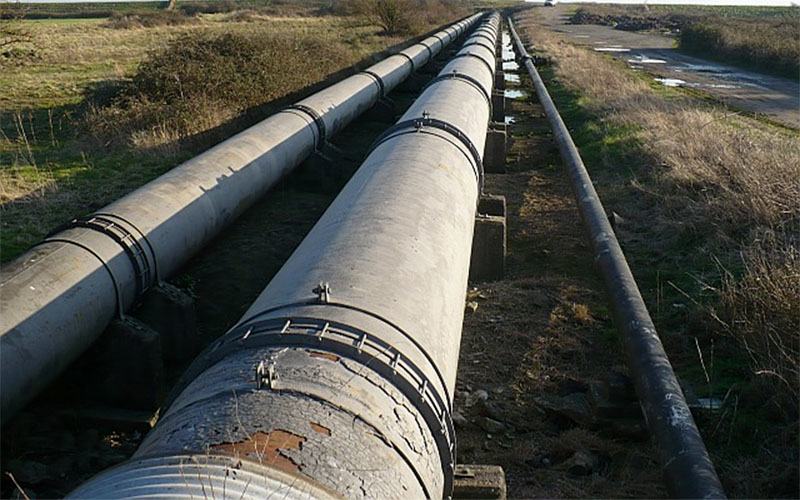The Dakota Access Bakken pipeline has received approval from the Iowa Utilities Board (IUB) after months of deliberating, coming in the form of a 174-page order.
Not only did the IUB approve a permit for the pipeline, but the Iowa Department of Natural Resources did as well. The Iowa DNR found no long-term environmental impact from the pipeline where it crosses public land, such as the Des Moines and Mississippi rivers.
The pipeline will run from northwestern Iowa to southeastern Iowa, and will go through multiple area counties. Mahaska County will see the most of the pipeline, with 32.54 miles. It will travel more than 343 miles through 18 counties, from Lyon County in northwest Iowa to Lee County in southeast Iowa. Area counties affected are Jasper, Mahaska, Keokuk, Wapello, Jefferson, and Van Buren.
A series of informational meetings were held in area towns and cities prior to formal hearing before the IUB late last year. Those opposed to the Bakken pipeline say there are risks to having 500,000 barrels of crude flow through an underground pipeline. Those in support of the pipeline have cited economic impacts from its construction, which some estimate could be as much as $1 billion.
The IUB did not give a specific number for the pipeline’s impact on Iowa’s economy, although it did conclude about $800 million will be brought in during the construction phase. Dakota Access will also pay between $25 million and $27 million in property taxes per year. The board also said that revenue, as well as job creation, added weight in support of the project. It has been estimated 2,000 to 4,000 jobs will be created in Iowa during construction, although only 12-15 permanent jobs will be needed in Iowa once the pipeline is finished to operate it.
Dakota Access stated it would see eminent domain to construct the pipeline if it can’t come to an agreement with landowners.
According to state officials, the pipeline will be buried in farm fields so that the top of the pipe is either 2 feet below any drain tiles, or at least 48 inches deep, whichever is lower. Dakota Access has promised to repair damage to farm fields to crops can once again be planted in the field.
The last permit for Dakota Access to get is from the Army Corps of Engineers.




